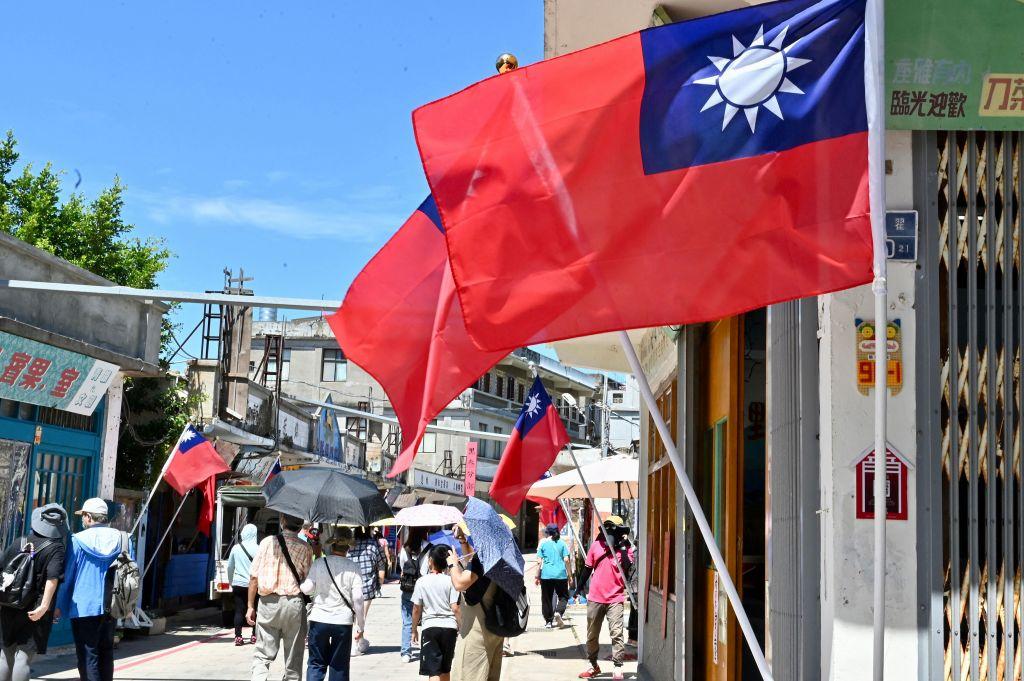News Analysis
Taiwanese authorities have revoked the resident status of three women from China after determining that they had abused their status by calling for Taiwan to be invaded and conquered by the Chinese Communist Party (CCP).

Taiwanese authorities have revoked the resident status of three women from China after determining that they had abused their status by calling for Taiwan to be invaded and conquered by the Chinese Communist Party (CCP).